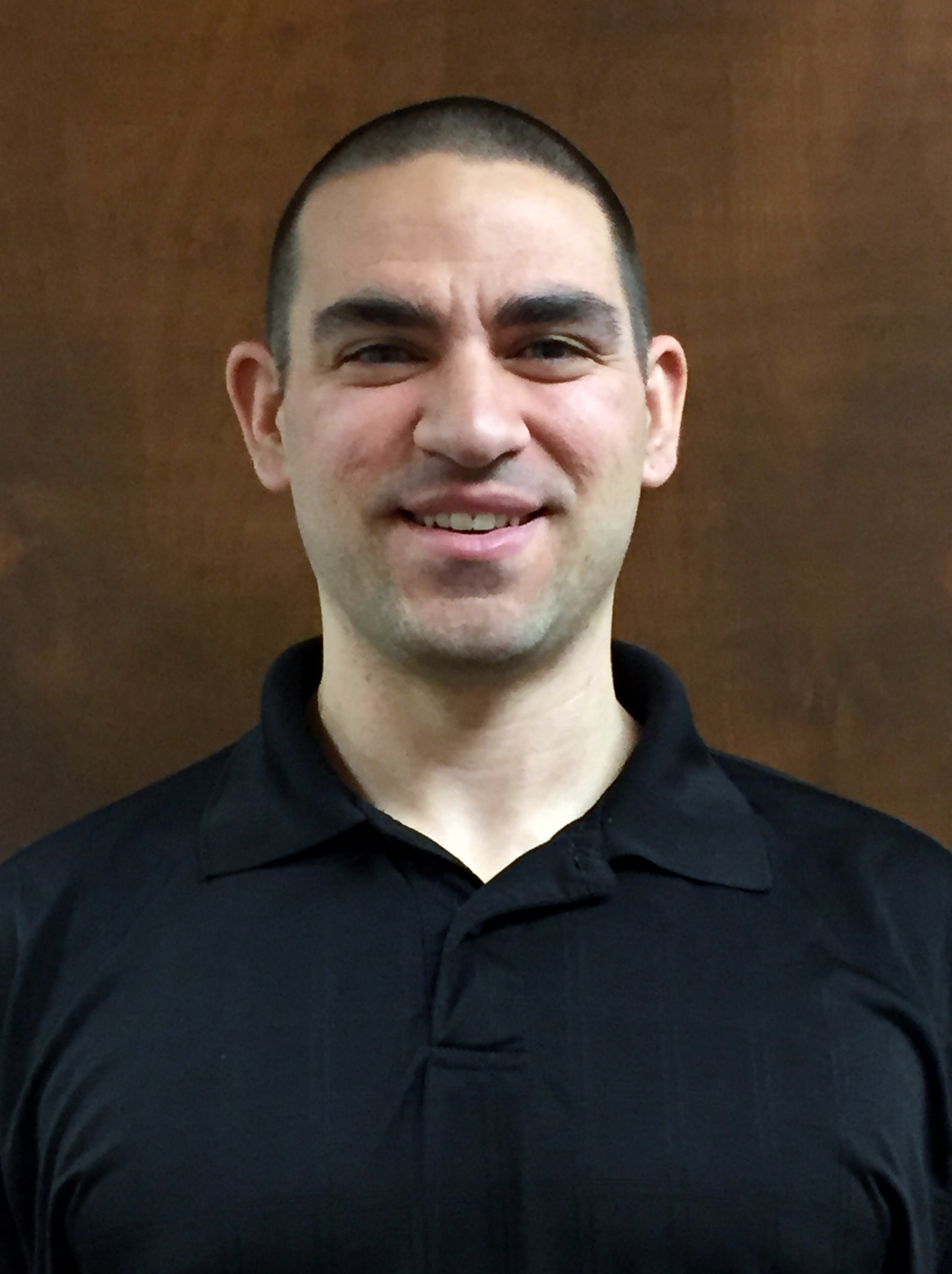Treatment of Gambling Disorder Posted On
As we continue celebrating Problem Gambling Awareness Month (PGAM), we would like to shed light on the importance of treatment. Individuals struggling with problem gambling may have come to a point where formal treatment is the best way to address their gambling problems. If individuals have screened positive for risk of gambling disorder, there are professionals trained and available to help individuals struggling with this disorder.
Gambling Disorder
Gambling disorder is a condition that can be diagnosed and treated by a trained clinician. This diagnosis identifies a brain disorder specific to problems with gambling. These treatment providers understand the specific issues faced by individuals with gambling problems. They understand that these individuals cannot escape their trigger, which many times is money. They understand that for these individuals, many people in their community may not even realize that gambling can cause problems. These treatment providers understand that for individuals seeking help for problem gambling, this could be a cause for problems with employment, and is treated privately and delicately.
The Treatment Experience
Treatment for problem gambling focuses on talk therapy with client centered goals. Sitting with the trained clinician, discussing triggers, stressors, and the community that supports the gambling problem. A trigger is anything that sparks the desire to start gambling. Community is the people closest to an individual that may support or disapprove of gambling behaviors. Sitting and discussing these different areas, and identifying safeguards and strategies to stay safe, is the focus.
Treatment is a safe space for individuals struggling with gambling problems to take charge of their life. They start by identifying ways to avoid gambling and the problems associated with it. Treatment is also an opportunity to work with professionals who can help with the debt accumulated. This debt is the huge piece that separates gambling addiction from any other addiction.
When someone chooses to go into treatment for any other addiction, they will have to look inward and find healthy ways to engage with their community. What separates individuals with a gambling disorder is that those individuals also carry with them an enormous debt on the average of $85,000.00. That huge debt can be emotionally crippling and leads to 1 in 5 individuals struggling with problem gambling to think about or complete suicide.
Family Expectations
When an individual starts treatment for problem gambling, many times family members may look for a change in behavior immediately. What family members need to keep in mind is that problems from gambling did not start overnight. Treatment for problem gambling will also take time. Loved ones of a person in treatment for gambling disorder need to be patient. Patient so the individual has room for growth, patience so the individual struggling can relapse without guilt or shame and patience as everybody adjusts to the change associated with the individual’s gambling treatment.
It’s important to remember that a journey of treatment for problem gambling is not a straight line from problem to solution. Treatment involves many trials and errors, it involves introspection and it involves change in behavior, which takes time.
As a loved one to someone struggling with gambling disorder, you are not alone in the feeling of relief and desire for immediate change as someone enters treatment. You are not alone as you struggle with the stress, rebuilding your relationship with the individual struggling and dealing with the unbelievable debt that the family might be facing.
Family members are not alone, and there is help and support available. Anyone who has been negatively affected by a loved one’s gambling can seek information, resources and treatment to deal with their own struggles associated with a loved one’s gambling. Because loved one’s are also dealing with their own stresses and triggers related to the family member’s gambling, it is encouraged that family members also seek their own treatment to address what they are going through. Sometimes this can be in individual sessions and sometimes it is appropriate for family/couples’ therapy sessions. All of these options are available and can enhance the process of recovery and rebuild relationships affected by gambling.
Hope Through Treatment
Treatment offers light at the end of a dark long tunnel. But remember, a tiny candle can light the darkest of nights. That tiny candle may be the phone call for help. It might be the first treatment session. It could be the moment the individual decides to stop gambling. We ask that you keep in mind the candle is only the start of the fire. It is only the start of the fire that will burn bright as it lights the dark tunnel, burns away the stress, and brings light and love and connection as treatment repairs the individual, their family and their community. There is hope.
Treatment and Professionals
Treatment for problem gambling does not occur without the caring loving professionals who reach out for training and take on the challenge of helping someone diagnosed with gambling disorder. If you are a treatment professional and would like to participate in the problem gambling resource center treatment network, please reach out to your local Problem Gambling Resource Center. There is always a need for more providers to be trained in problem gambling treatment.
To take your first step, visit our Problem Gambling Awareness Month webpage to learn about screening, tools available and how to get more involved.

